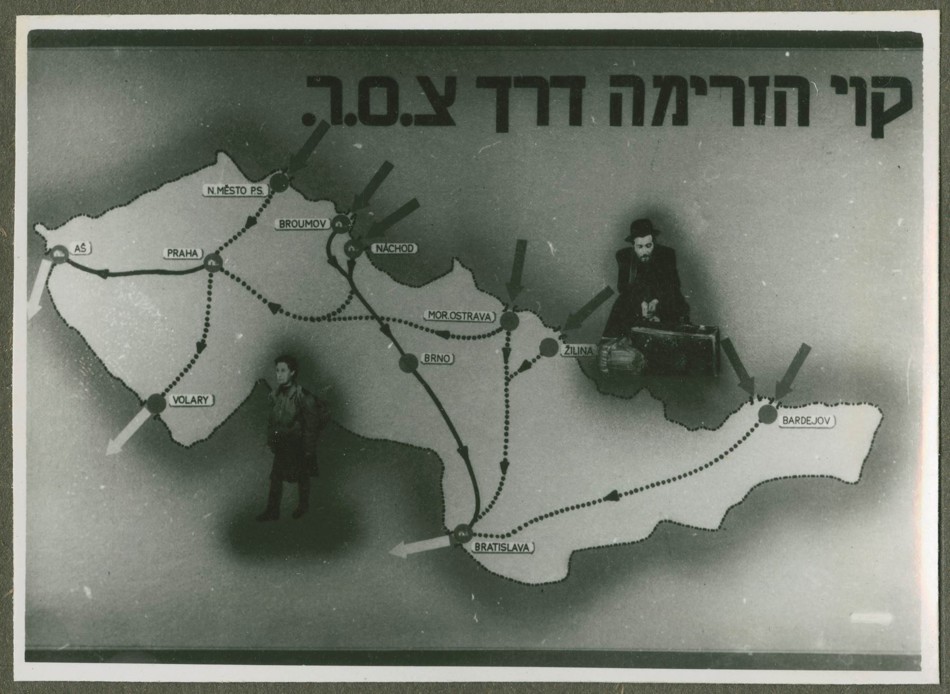VWI invites/goes to...
Cycle of VWI Fellows’ Colloquia
The VWI fellows present their intermediary research results in the context of colloquia which are announced to a small audience and are open to a public audience with an academic and topical interest. The lectures are complemented by a response or commentary by an expert in the given field and are discussed with the other fellows.
Due to the previous lack of an appropriate space, the colloquia were held at other Viennese research and cultural institutions with a topical or regional connection to the given subject. From this circumstance was born the “VWI goes to …” format.
With the move to a new institute building at Rabensteig 3, the spatial circumstances have changed, so that the VWI is now happily able to invite other research and cultural institutions. Therefore, the VWI is now conducting its colloquia both externally and within its own building, in the framework of continued co-operation with other institutions.
The new cycle of fellows’ colloquia “VWI invites/goes to …” is not only able to reach a broader circle of interested persons, but moreover integrates the VWI further into the Viennese scholarly establishment, perhaps even crossing borders into the greater regional research landscape.
| VWI invites/goes to... | |||
| Sarah Cramsey: Uncertain Citizenship – Jewish Belonging and the “Ethnic Revolution” in Poland and Czechoslovakia, 1917–1947 | |||
Wednesday, 28. June 2017, 18:00 - 19:30 Herrengasse 17, 1010 Vienna
|
|||
VWI goes to the Czech Centre Vienna
Commented by Michal Fankl Sarah A. Cramsey is a Research Fellow at the VWI. She is a Professor of Practice of Jewish Studies at Tulane University. A graduate of the University of California, Berkeley, Oxford University, and the College of William & Mary in Virginia, she has been awarded various fellowships for research in the Czech Republic, Poland, the United Kingdom, Israel, and the United States. Michal Frankl is a Senior Researcher at the Masaryk Institute and Archives of the Czech Academy of Sciences in Prague. An author of several books and many articles, his research interests include modern antisemitism, refugee policies, and the Holocaust in East Central Europe. He is the leader of the work package “New views on digital archives” in the European Holocaust Research Infrastructure (EHRI-2). Click here to download the invitiation as a PDF file. In cooperation with: |
|||







 Usually, the creation of the State of Israel is cast as a story that begins with Herzl and is brought to fulfilment by the Holocaust. My book project,
Usually, the creation of the State of Israel is cast as a story that begins with Herzl and is brought to fulfilment by the Holocaust. My book project, 